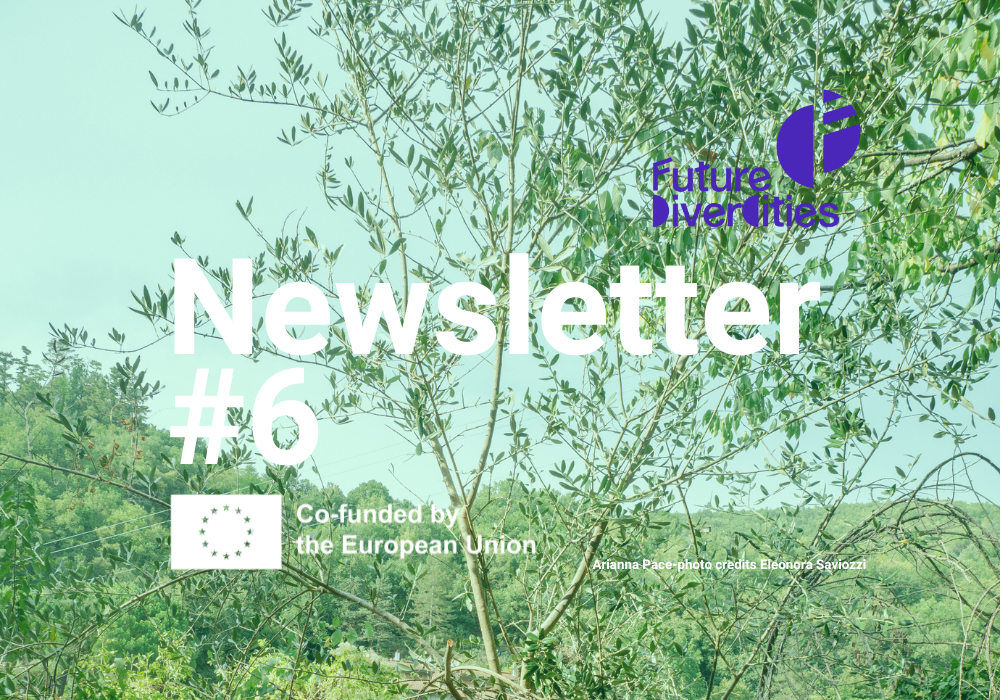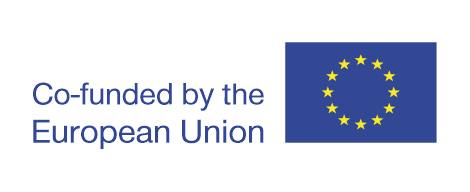LAMA hosted the second edition of its art residency, A dimora
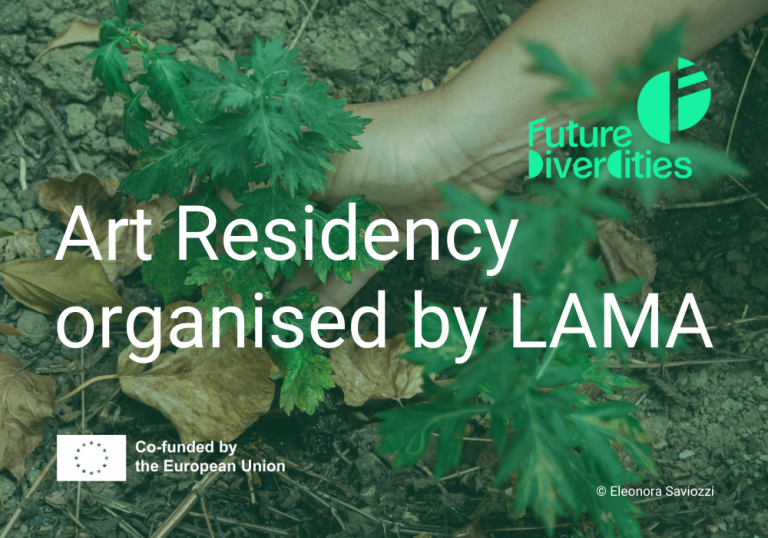
From September 6th to 8th, LAMA presented the final program of A dimora, the second edition of the artist residency in the Florentine Mountains.
The artist residency program seeks to create connections between people and the environment, stimulating reflections on physical spaces, ecosystem services, cultural heritage, and community economic models.
Read more about the artists and the work created during the summer residency here.
Partners have begun activating three new pilot sites

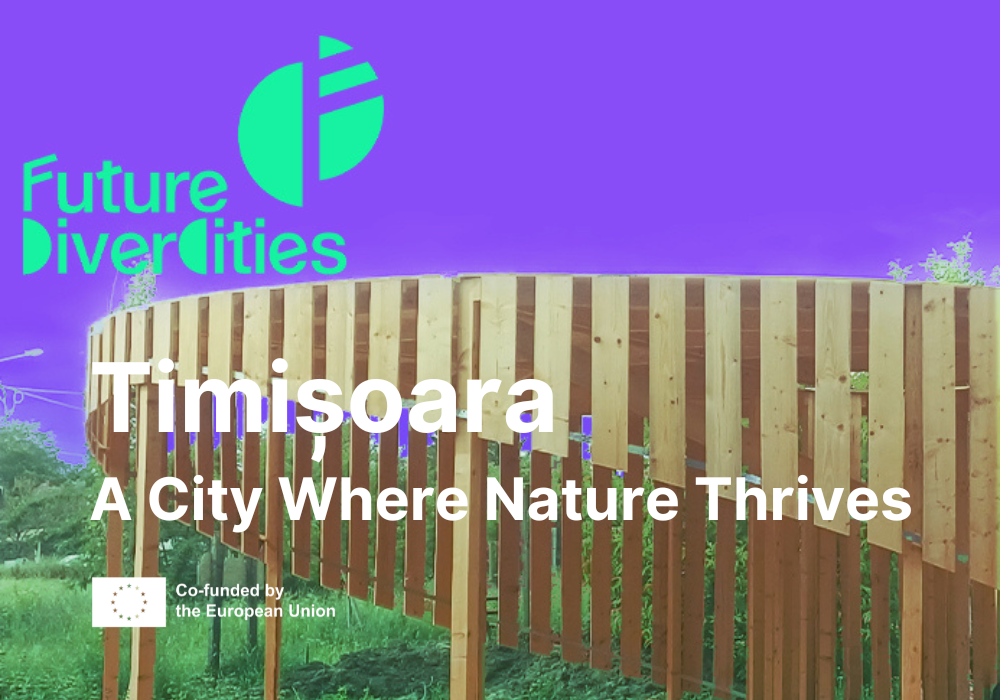

Marseille has seen recent major problems of space management, with deadly collapses of dilapidated buildings, and the city has very important regeneration plans. The intervention is planned for abandoned spaces in the neighbourhood of La Belle de Mai where La Friche and Chroniques are located, right in the city centre.
The approach of Commoning fosters citizen-led processes where they participate in the co-design of the activities that contribute to the regeneration of the space, whilst exploring positive applications of the Nudge theory.
Read more about the pilot here.
Timișoara is renowned for being a green, living city where nature holds an essential role in the lives of its citizens. Building on this harmony with nature, the Future DiverCities pavilion in GreenFeel is a unique intervention designed to create a physical, yet impermanent space—a timeless environment nestled in a natural setting that balances wildness with structure. This space acts as a platform for learning, collaboration, and the protection of what nature can offer us.
Read more about the pilot here.
Athens faces several urban challenges, especially in the neighborhood of Metaxourgeio. In response, BIOS collaborates with architects, artists, creatives, and local residents to foster their engagement in urban development and the transformation of the Athenian community. To this end, BIOS has initiated a research project involving mapping and a survey designed to assess the working and living conditions of artists and creative professionals in Athens. This research will help define the purpose of PLEX, the new cultural space.
Read more about the pilot project here.
The University of Savonia has published the first part
of its research on impact assessment
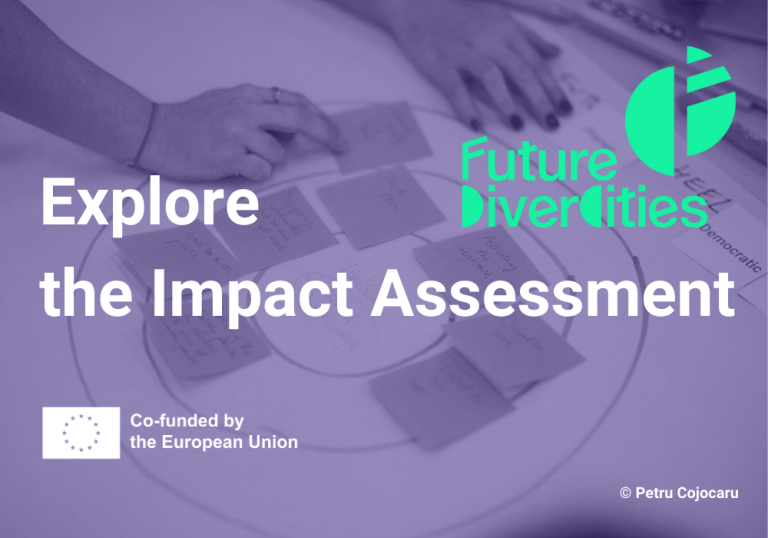
Future DiverCities unites partners with complementary expertise to foster innovation in cultural and artistic projects integrated into urban regeneration plans. Collaboration with researchers from the University of Savonia (Finland) reinforces the vital link between scientific research and cultural initiatives.
Alongside the pilot experiments conducted in vacant urban spaces, the University of Savonia has developed an impact assessment protocol to evaluate all effects — including secondary impacts — resulting from actions and decisions made during implementation.
The initial phase of the research is available for review here.
ECHN launched its Twinning program
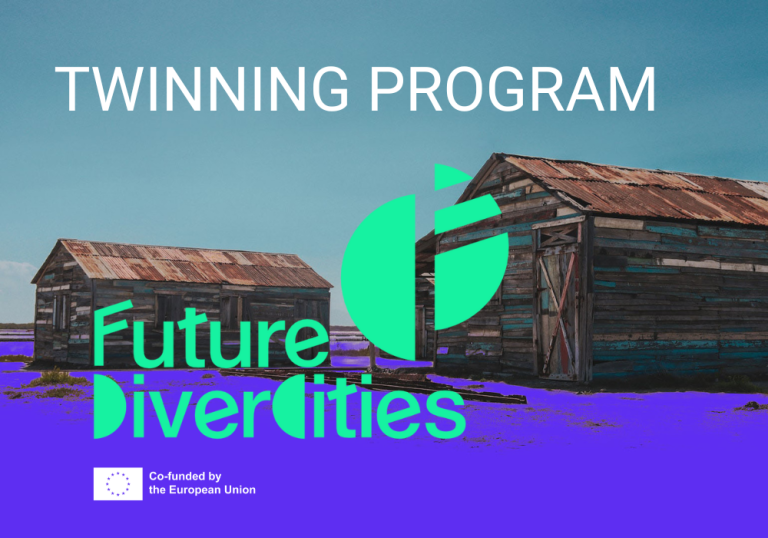
A new program of exchanges is kicking off next month, offering exciting opportunities for collaboration, international exposure, visits, and skills enhancement between 8 Future DiverCities cultural institutions and ECHN Members who will have the chance to share their hub’s expertise and forge valuable partnerships. Focused on community engagement, sustainability, ecology, regeneration and contemporary art, the program aims to foster innovative collaborations among creative hub managers seeking new cross-sectoral cooperation formats, co-creation projects, and knowledge sharing across Europe. The first exchange will host BLIVANDE at ANTI in Kuopio.

